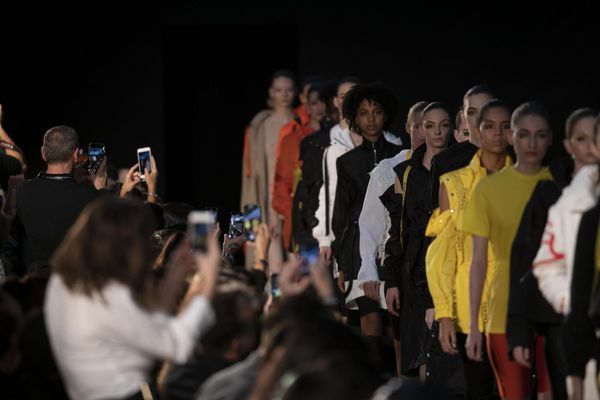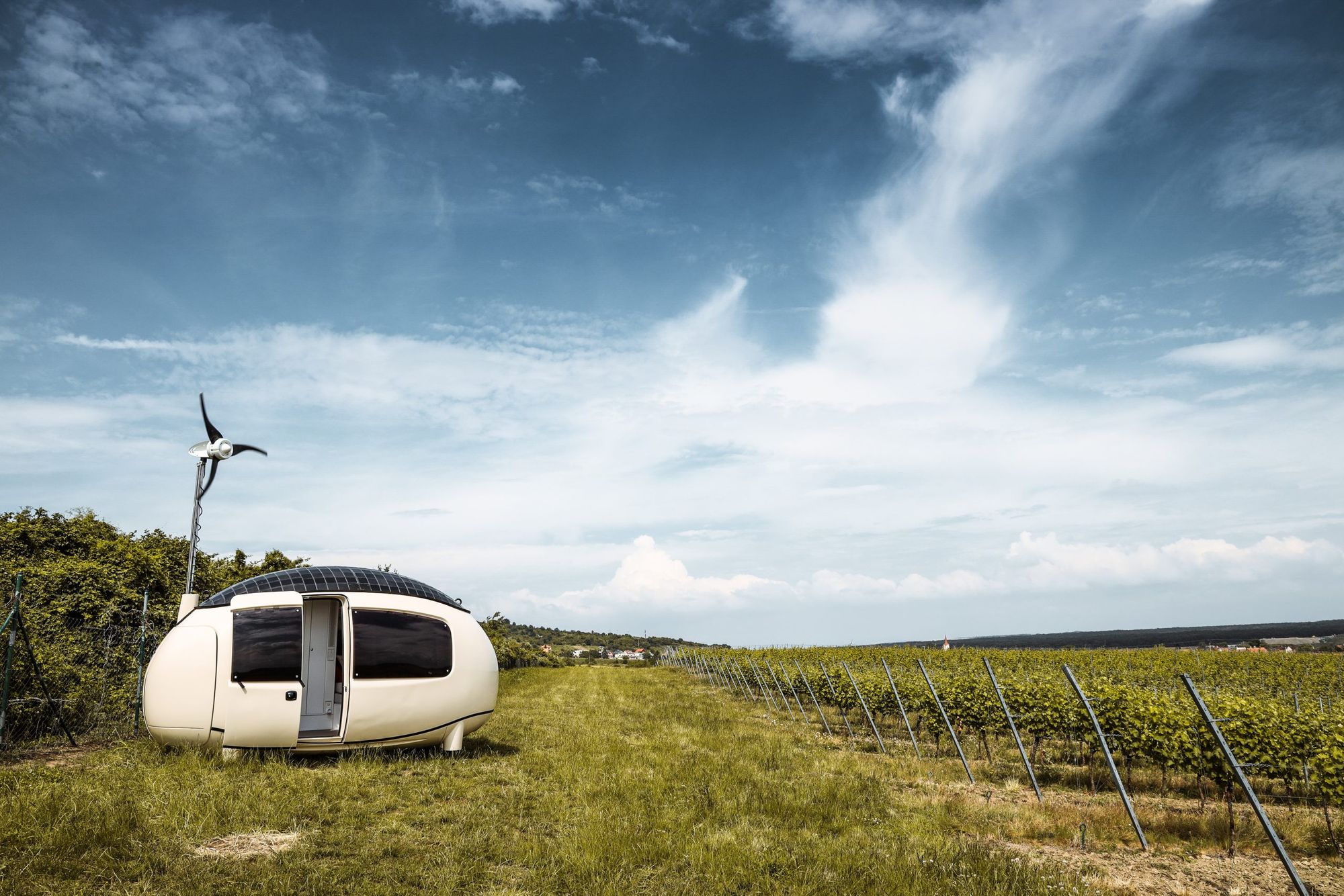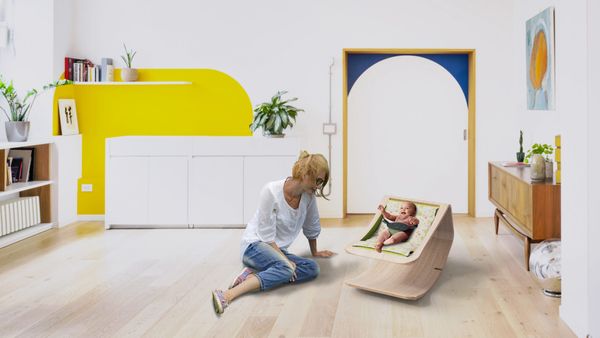Between 9-10 September, at Brain Bar, the Hungarian public can finally try out the invention of the Slovakian architectural startup, the self-sustaining, intelligent Ecocapsule, which is being referred to as the living unit of the future. The capsule has its own energy generator system and can be used practically anywhere in the world. We asked the inventor of the Ecocapsule, architect Tomáš Žáček, about the Ecocapsule’s futuristic appearance, environmentally friendly operation, and potential uses!
What will the visitors see from the startup Ecocapsule when they visit Brain Bar?
They will see the Ecocapsule Original, a beautiful, mobile, and energy-independent micro-unit. Ecocapsule could be used for residential purposes, but it is more than just that—it could be used as an office, a small shop, or for other services. During Brain Bar, visitors could experience the space and the way these units work. They can control the lights and try out the application that shows how much energy you get from the sun, the wind, or the network. The one which will be on display is our own model, showcased in Expo Dubai and near the Lake Balaton after Brain Bar.
The ’back to nature’ mentality has become popular in the last couple of years. The enthusiasm towards cabin houses and the attempts to design off-grid systems have increased, and more and more people would like to leave crowded cities. What do you think makes Ecocapsule outstanding?
It is a trend—especially in the United States—that people build their own tiny houses. Usually, those houses are pretty cheap; thus, sometimes, they could have an amateurish, DIY look. We wanted to create something different, something well-designed with sustainable solutions. Generally, tiny houses do not have this.
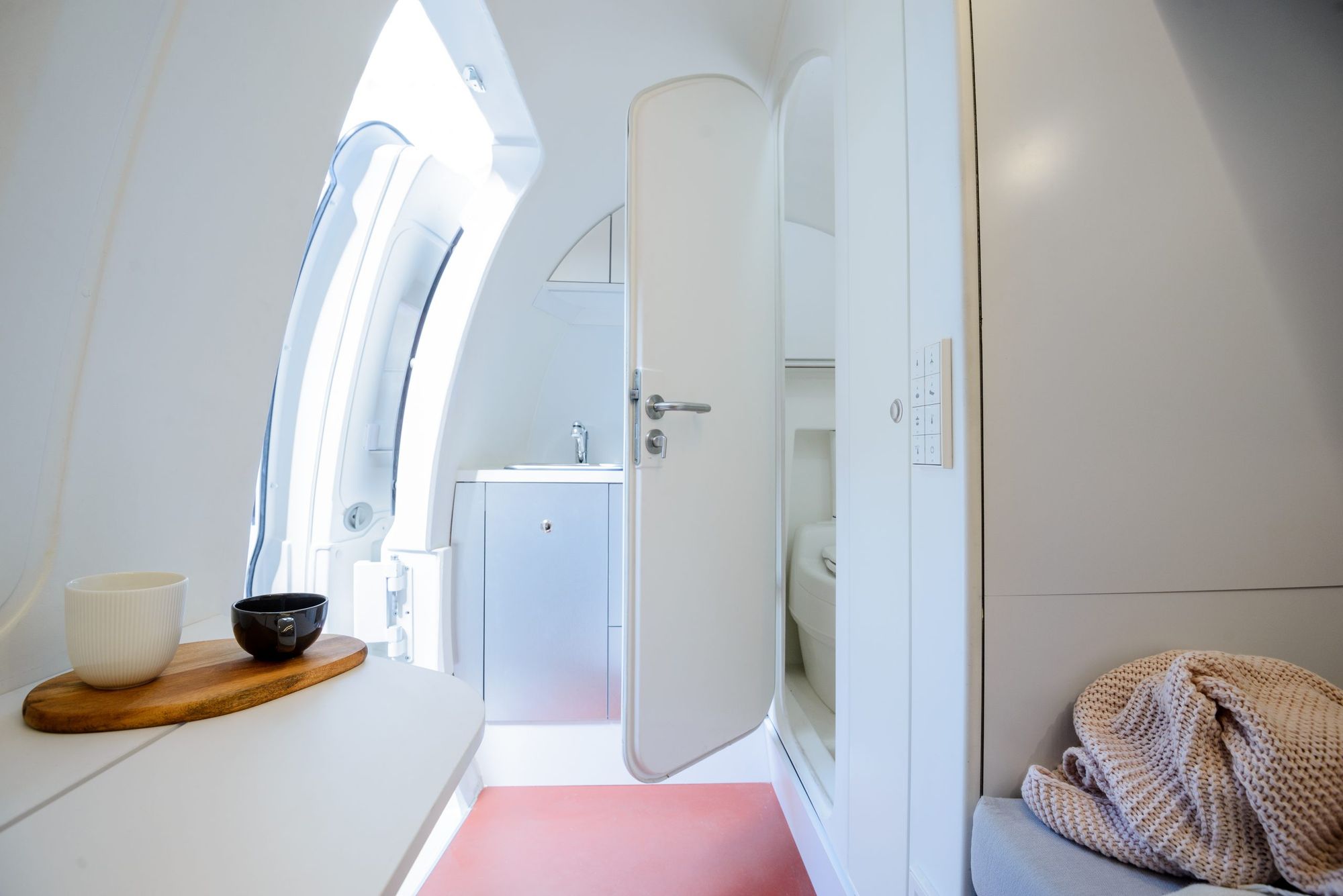
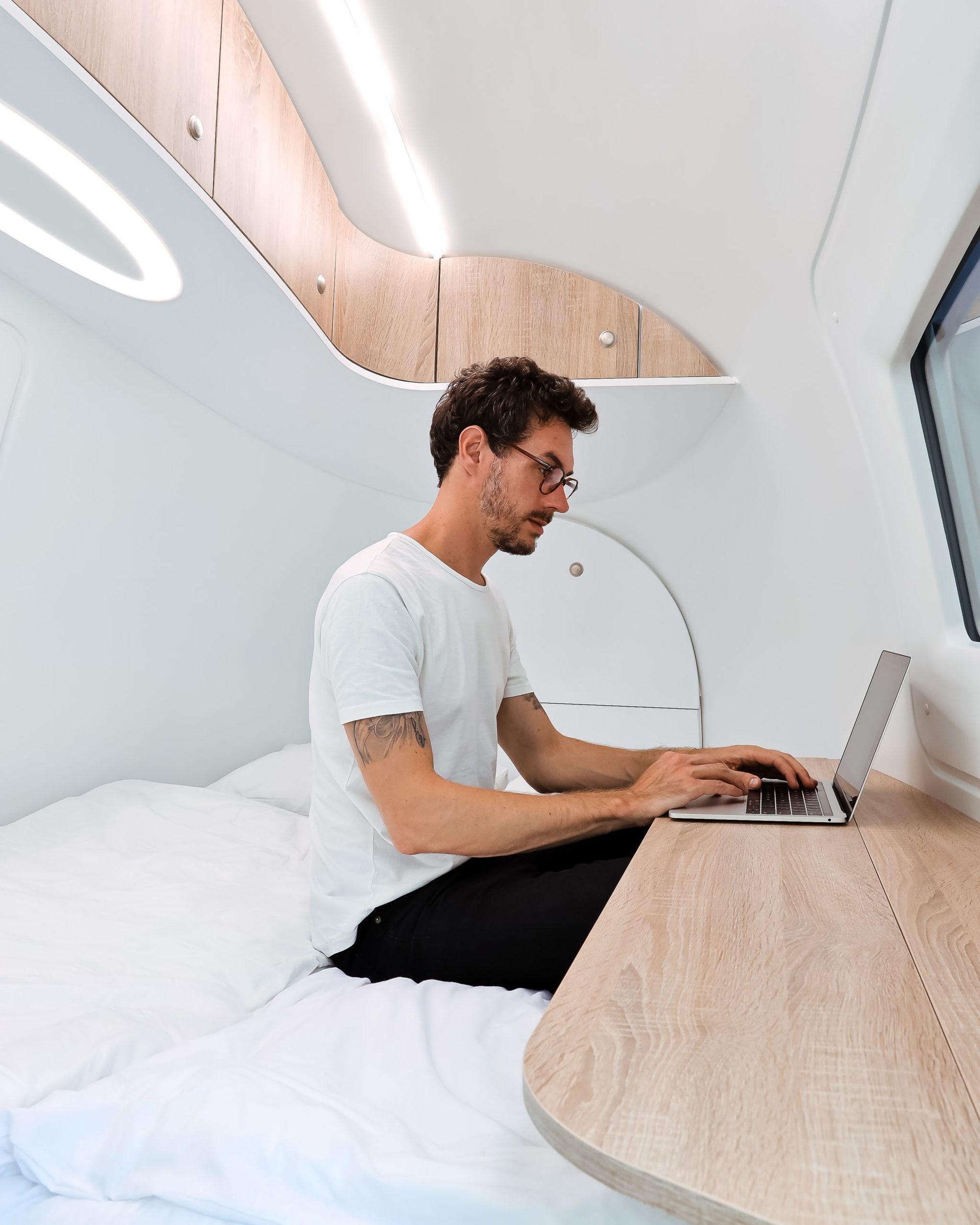
How did the story of Ecocapsule start and evolve?
As an architect studio, we have always worked on different types of houses, sustainable homes, and green architecture. There was a competition in the USA in 2009 where the task was to design off-grid solutions for people with extensive lands without infrastructure. We designed Ecocapsule—it was four times bigger than it is now, and it wasn’t so mobile. We didn’t win the competition, but we were featured in Inhabitat magazine, which drew attention to our project and brought positive feedback. In 2015, we did our first prototype, we further developed it, and now we are on the market.
In the beginning, we wanted to design something that could help leave the cities and relax in nature, but during our journey, we received many requests for additional functions. We realized that Ecocapsule could be almost anything—a shop, a medical facility, a gaming room. We have a vision for 2026 that Ecocapsule could be an urban phenomenon; we used to call it a horizontal skyscraper.
How do the off-grid and semi-off-grid systems work?
Ecocapsule is energy independent, which means it doesn’t need energy from an external connection. It is powered by sun and wind, electricity is provided by these two sources. Of course, the efficiency also depends on the location. For example, we have one Ecocapsule in Switzerland on the top of the mountains—the off-grid system there could work well for 6 months but not the whole year. Semi off-grid has only solars, and from time to time, you have to plug in the Ecocapsule. You can do it with rechargeable batteries or by MENNEKES plug and socket, which electric cars use.
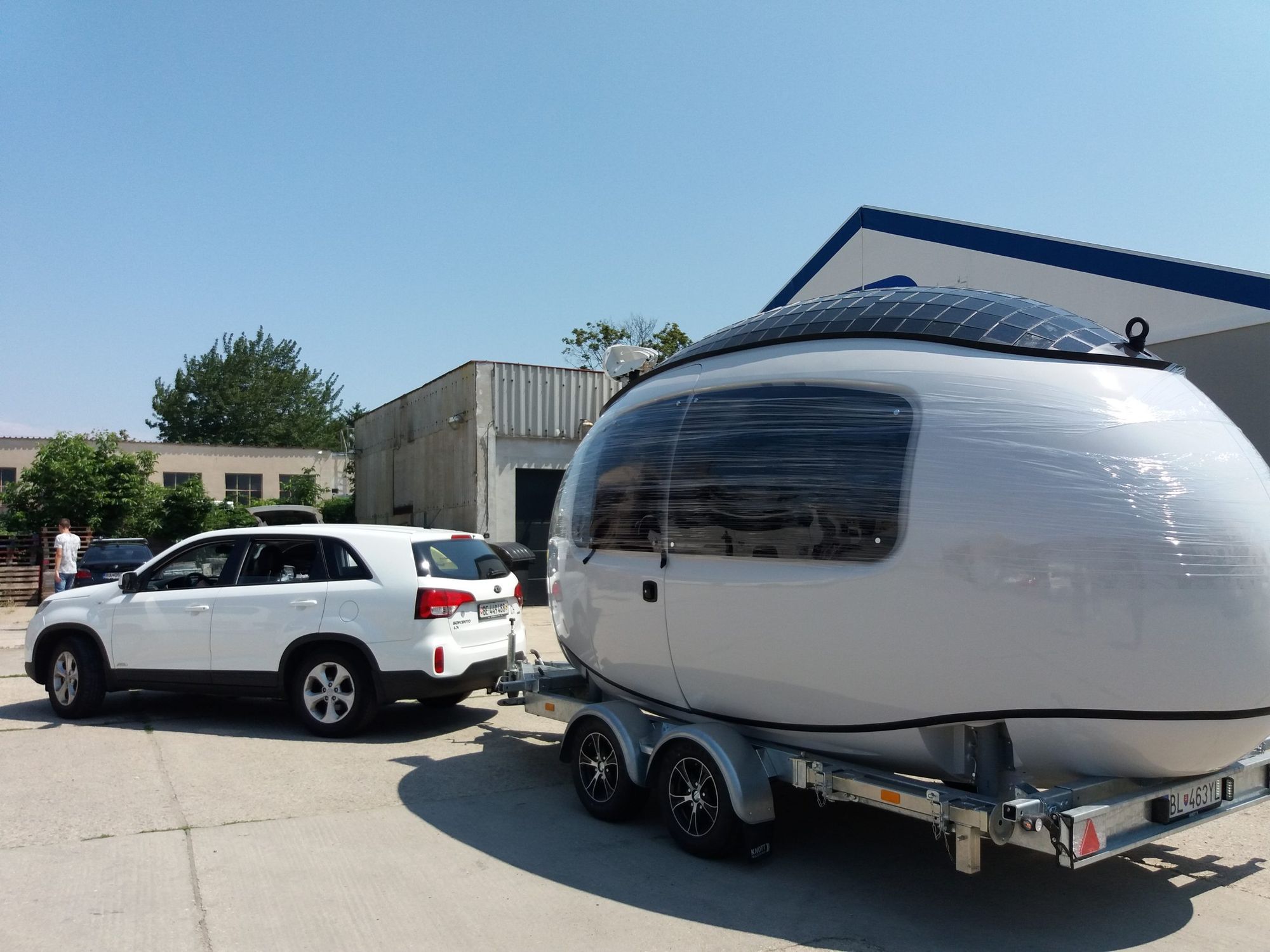
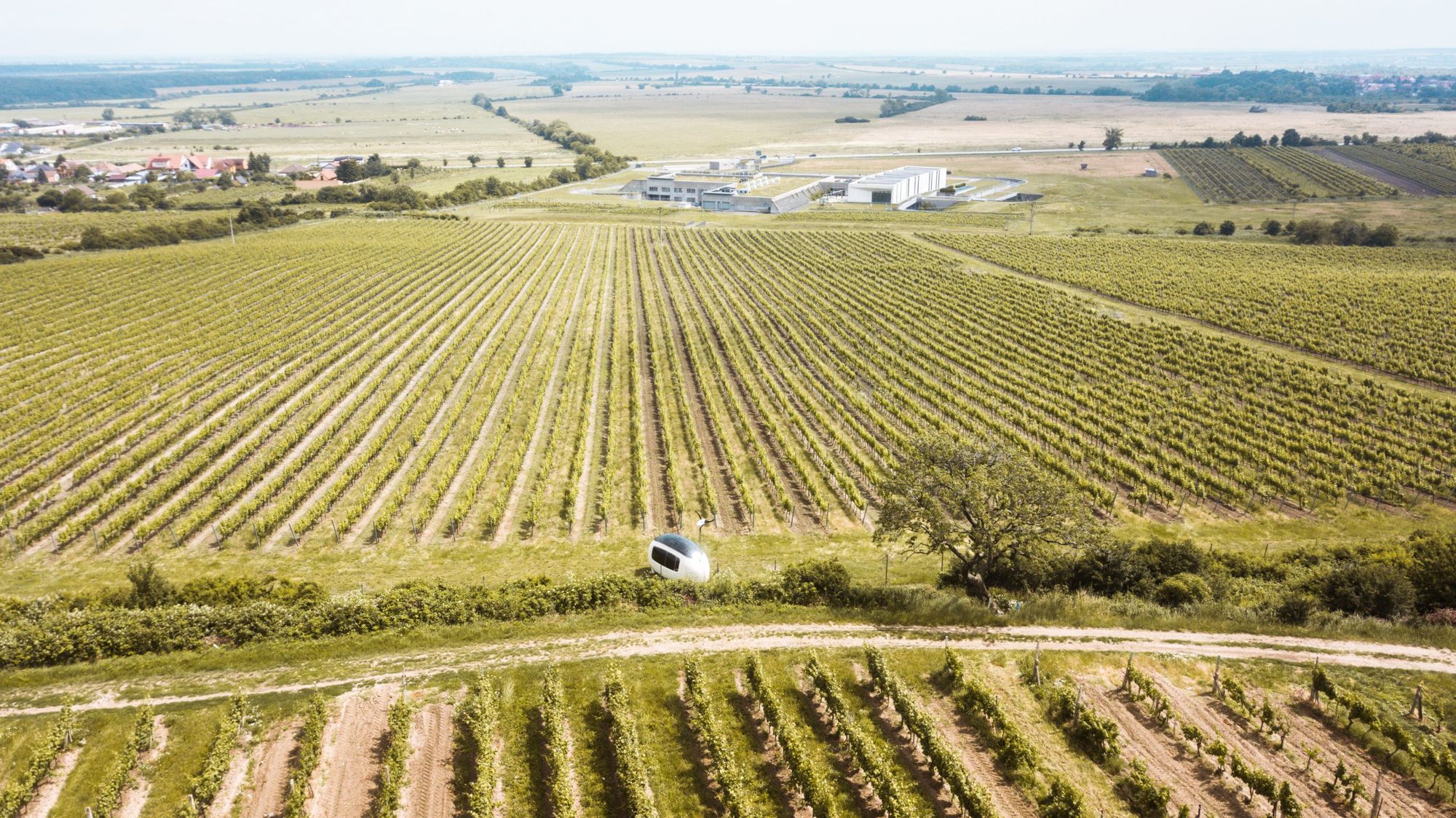
Ecocapsule’s design is different than other eco-friendly tiny houses. Instead of using warm tones and wood, it has an immersive futuristic vibe. However, its shape could be easily associated with natural forms, such as an egg or a pebble. How did you choose that type of design?
During the competition in 2009, we did not want to design a box form. We wanted something different, and we have found that egg shape is very natural and beloved everywhere in the world. It’s a disadvantage that it’s more challenging to furnish it; however, in terms of energy, it has advantages because it needs less energy for heating.
What kind of developments are you currently working on? What will we see next from your startup?
We are working on our project called 6pack. It is like an ’instant Ecocapsule,’ the distillation of its energy system built from six components. You can put it on your caravan, tiny home, or cottage to make them more sustainable. We are developing that right now, and we are also working on entering the digital space with Ecocapsule NFTs, which could be integrated and used in the digital world.
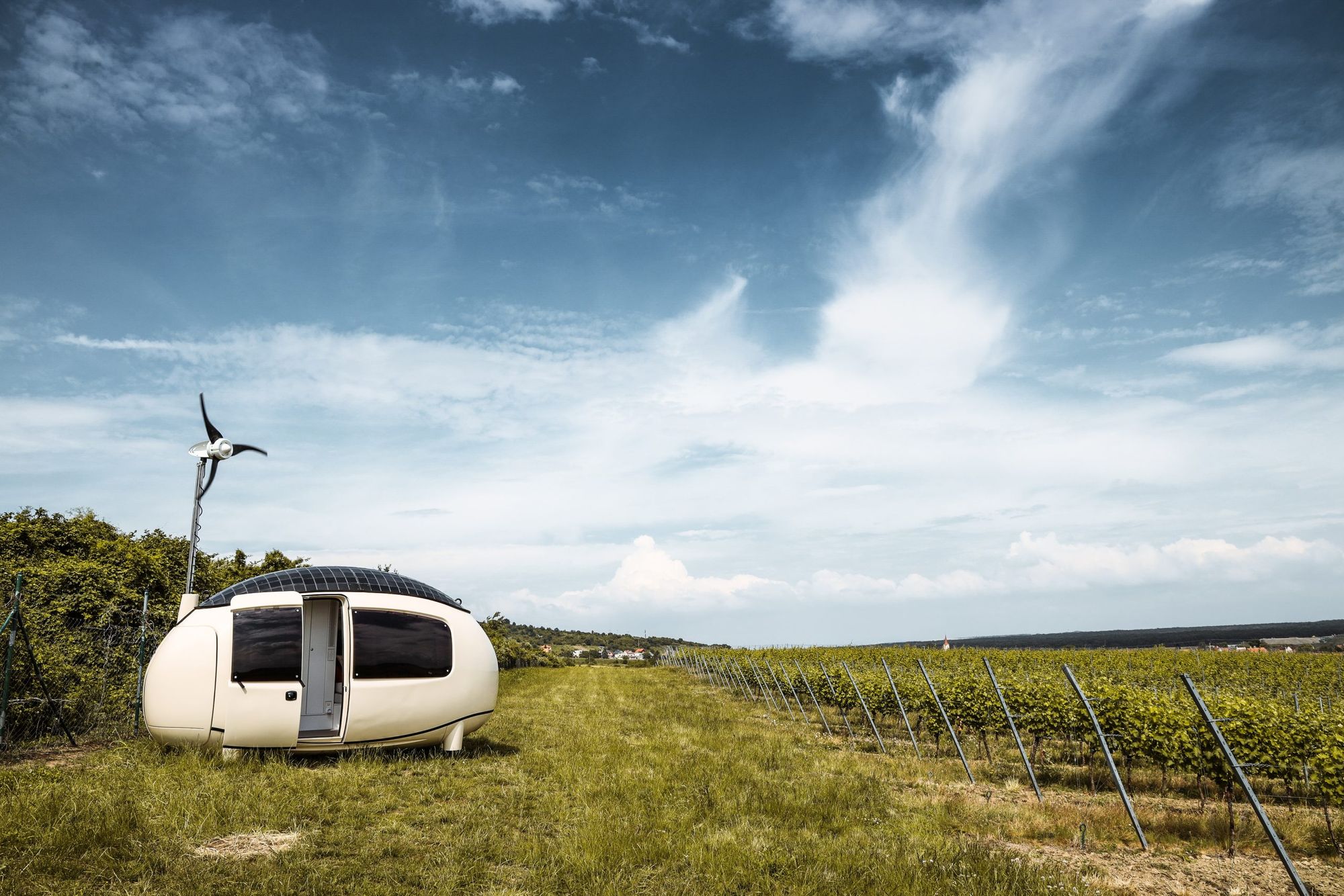
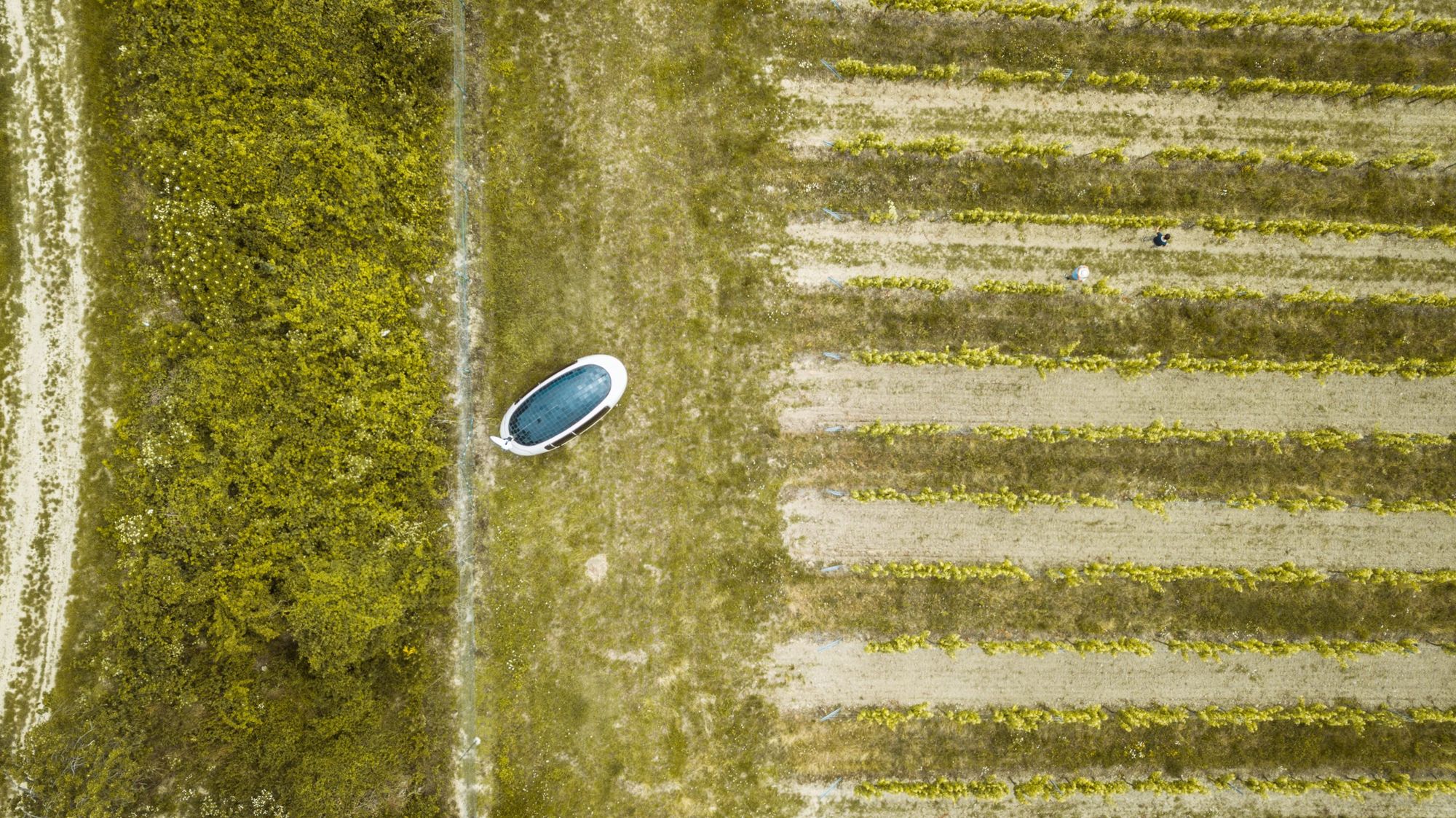
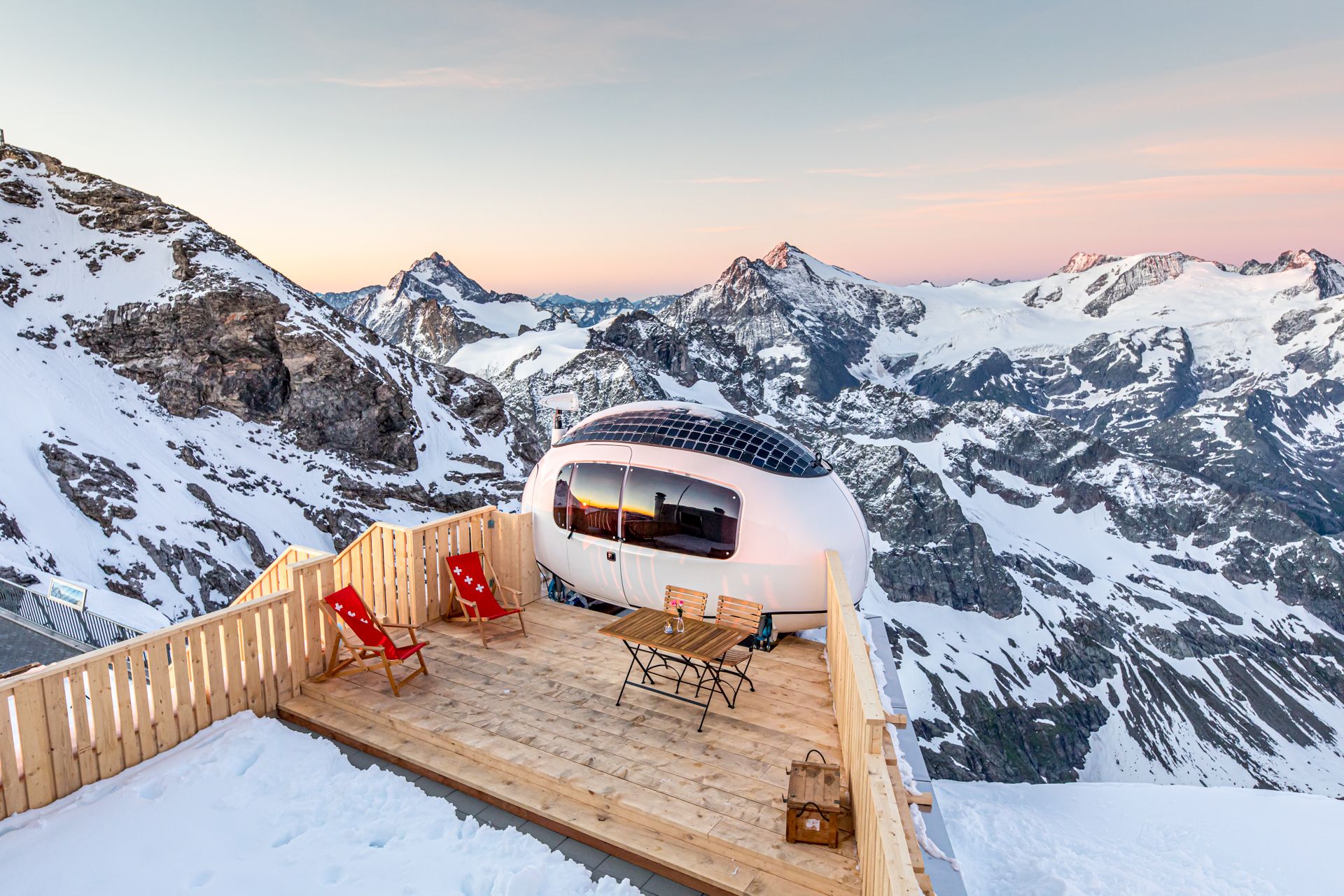
Ecocapsule | Web | Facebook | Instagram
Brain Bar | Web | Facebook | Instagram
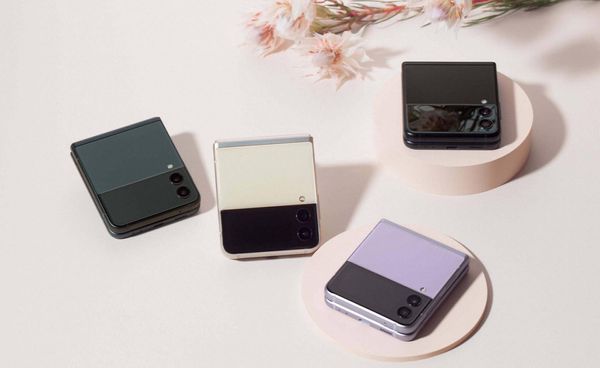
Samsung launches luxury mobile phones with foldable displays
